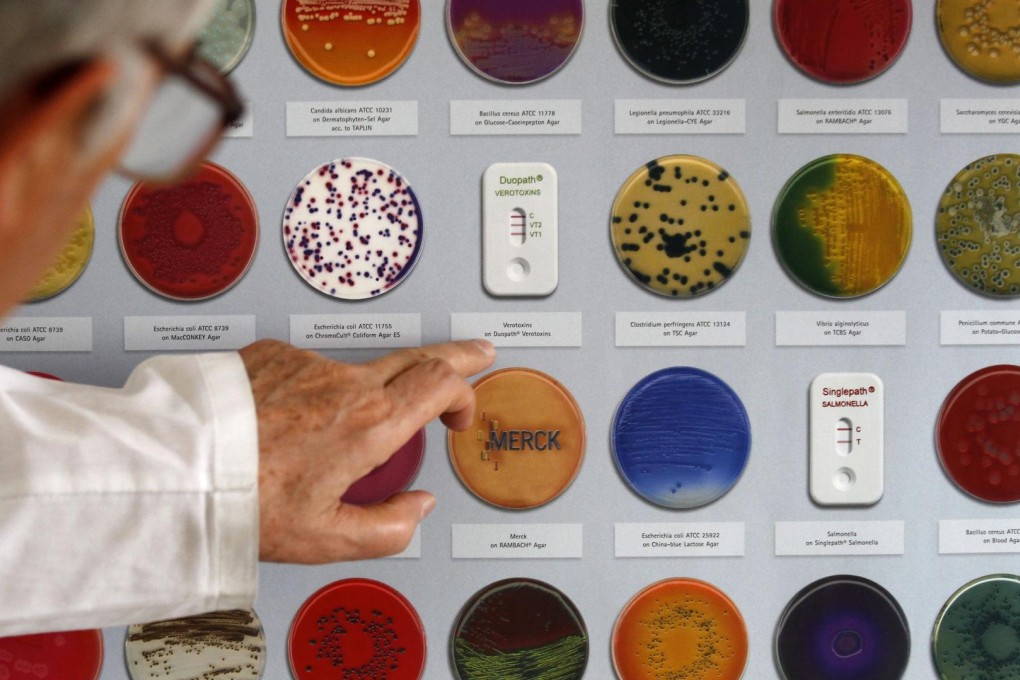Chinese scientists create E coli superbacteria for possible use in biofuels
In key breakthrough, heat-resistant bacteria created in two months for use in biofuels

Mainland scientists have developed an effective but unconventional way to create superbacteria out of ordinary E coli for possible use in biofuels. By bombarding samples of Escherichia coli bacteria with deadly heat, they set off an evolutionary explosion.
The outcome came as a surprise, they wrote in the latest issue of the journal New Biotechnology.
With the new method, a super heat-resistant E coli was created in two months as opposed to two years using conventional methods, the authors from the Chinese Academy of Sciences' Institute of Microbiology reported.
E coli is one of the most common bacteria around us, with some types harmful to health.
Excessive amounts in water or food can lead to serious poisoning. Fortunately, E coli perishes quickly in heat.
It is most comfortable at about 37 degrees Celsius, and most species in nature cannot survive above 46 degrees. So why did the scientists want to increase E coli's heat resistance, which could strengthen it against eradication?
The answer is money, the authors explain, because of its potential use in biofuels.